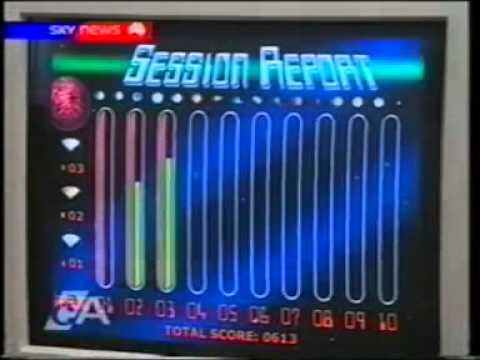
Do you or your child struggle with ADHD or behavioural/emotional/social challenges?
Do you struggle with poor attention or maintaining concentration, or hyperactivity?
If you struggle with ADHD or attention challenges, medication only helps as long as you are taking it. Neurofeedback, on the other hand, teaches the brain to regulate itself and improvements are observed long after the treatment has completed. Those who have been treated with Neurofeedback have experienced improved concentration and focus, decreased distractibility, improved memory, and decreased impulsivity.
If you or a loved one is struggling with ADHD or attention challenges, the resulting stress can create problems at school, work, or at home. Many people with ADHD experience slow activity in brain regions that help us focus. To compensate, the brain tries to wake itself through responses, such as body movements, and switching tasks frequently. This slow wave brain state is not only uncomfortable, but forces people to constantly try to activate their brain. Others with ADHD might have too much brain activity, leading to impulsivity and other difficulties. When our brain is moving too quickly, it’s difficult to sit still and follow directions. This can also create increased emotional intensity and reactions, resulting in social and behavioural challenges.
In recent years, Neurofeedback has shown equal success in treating ADHD as medication. In fact, Neurofeedback was identified as a “Level 1 – Best Support” Intervention for ADHD in 2014.
This means that Neurofeedback is considered an effective treatment for ADHD and can help with:


Neurofeedback teaches adults and children how to improve their own concentration, focus, and attention. Our treatments retrain the brain so it can regulate itself long-term, which results in increased focus, decreased slow wave activity, and the ability to spend longer times working on and solving problems. Neurofeedback can also reduce the frequency, duration and overall tendency of “tuning out” that may be experienced with those who have ADHD. It can also target impulsive behaviour and improve a child’s ability to follow directions, all while reinforcing that you are the one making improvements.